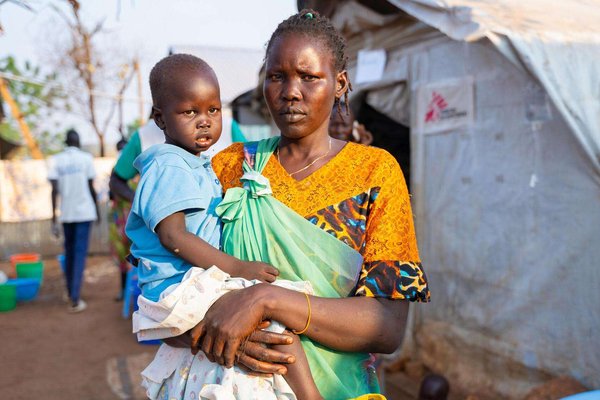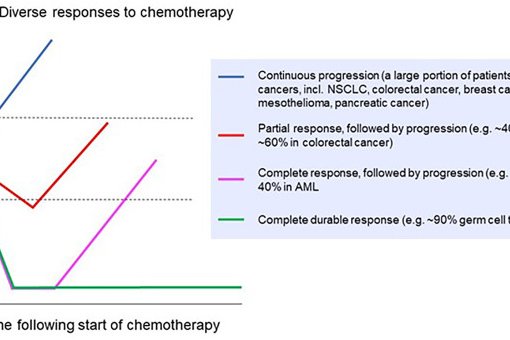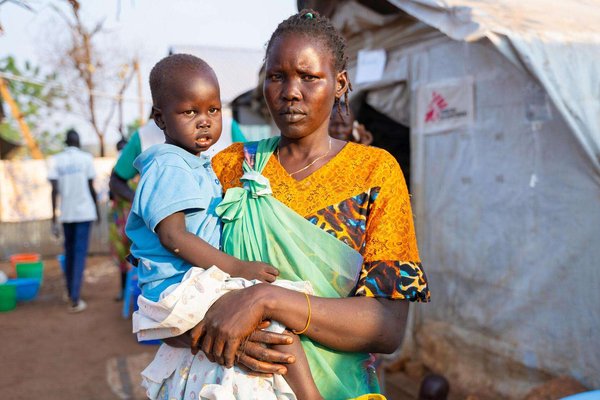Countries Facing Severe Health System Disruption as WHO Warns on Global Funding Cuts
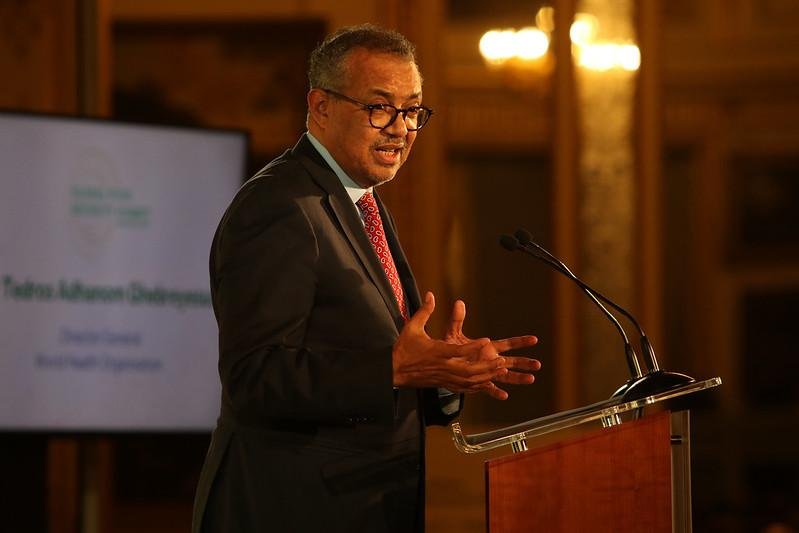
The World Health Organization (WHO) has issued an urgent warning that countries around the world are already experiencing significant disruptions to their health systems as a direct result of major cuts to global health funding. According to a rapid assessment conducted by 108 WHO country offices—primarily in low- and lower-middle-income countries—health service disruptions have been reported in over 70% of those surveyed. These disruptions are being driven by sudden suspensions and reductions in official development assistance, most notably from the United States and several other key donors.
The effects are most acute among the poor and vulnerable populations, who are now facing increased out-of-pocket payments for basic healthcare, as up to 24% of countries have reported. The withdrawal of funding has left the WHO itself with a budget deficit of nearly $1.9 billion for 2026-2027, in addition to a $600 million shortfall for the remainder of 2025. These financial gaps have forced the agency to slash jobs and scale back critical programs, raising concerns about the continuity of lifesaving health services in many regions.
WHO Director-General Dr. Tedros Adhanom Ghebreyesus stressed that while these cuts are a shock, they are also fueling a rapid transition towards greater country self-reliance and domestic funding for health. However, he cautioned that the shift requires urgent international cooperation and innovative measures to prevent long-term damage to global health security. In particular, efforts to combat diseases such as malaria are now at risk, potentially reversing decades of progress and leaving millions exposed to preventable illness and death.
With several major donors reducing or suspending their contributions, the WHO is now focused on helping affected nations adapt by identifying sustainable, locally driven solutions. The organization has called upon the international community to respond swiftly to protect the most vulnerable, ensure equitable access to healthcare, and prevent a deepening global health crisis.
Recent Health Articles
Global Health Crisis Intensifies: The First 100 Days of a Growing Humanitarian Emergency
A global health crisis unfolds as WHO reports 70% of surveyed countries experiencing system disruptions due to aid cuts, with …
Cancer Research Reveals Chemo’s Molecular Strike Against Cancer Cells
Researchers have uncovered how chemotherapy damages cancer cells at the molecular level, paving the way for more effective and targeted …
Breakthrough Study: Cancer Immunotherapy Equally Effective in Older and Younger Patients
New research confirms immune checkpoint inhibitors are equally effective in cancer patients regardless of age, offering hope for personalized treatment …
Based on the search results, I'll provide you with three significant recent health news articles in the requested format: Global Health Funding Cuts Causing Critical System Disruptions
Global health funding reductions are leading to critical medicine and supply shortages with potential long-lasting effects on worldwide healthcare systems. …
U.S. Foreign Aid Freeze Sparks Global Health Crisis as Trump Administration Dismantles USAID
The Trump administration's 90-day foreign aid freeze has devastated global health programs, dismantling USAID, terminating over 5,600 jobs, and shuttering …
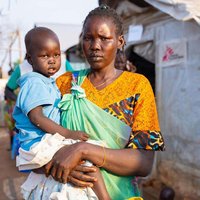
Global Health Crisis Intensifies: The First 100 Days of a Growing Humanitarian Emergency
A global health crisis unfolds as WHO reports 70% of surveyed countries experiencing system disruptions …
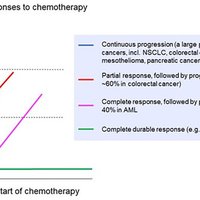
Cancer Research Reveals Chemo’s Molecular Strike Against Cancer Cells
Researchers have uncovered how chemotherapy damages cancer cells at the molecular level, paving the way …
Breakthrough Study: Cancer Immunotherapy Equally Effective in Older and Younger Patients
New research confirms immune checkpoint inhibitors are equally effective in cancer patients regardless of age, …
